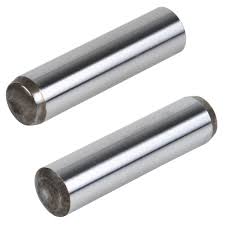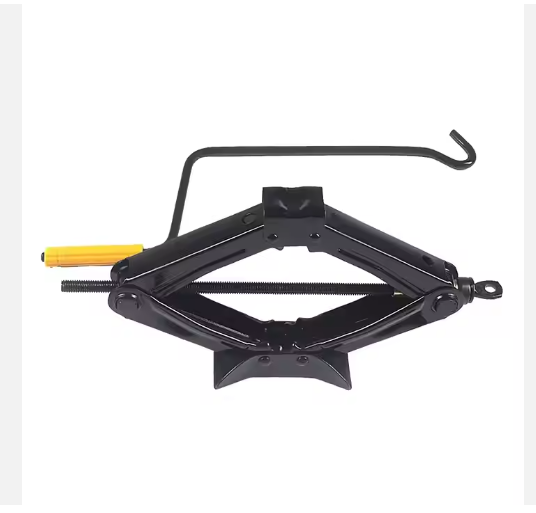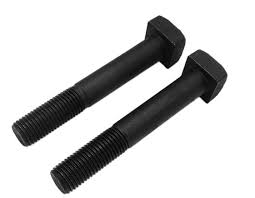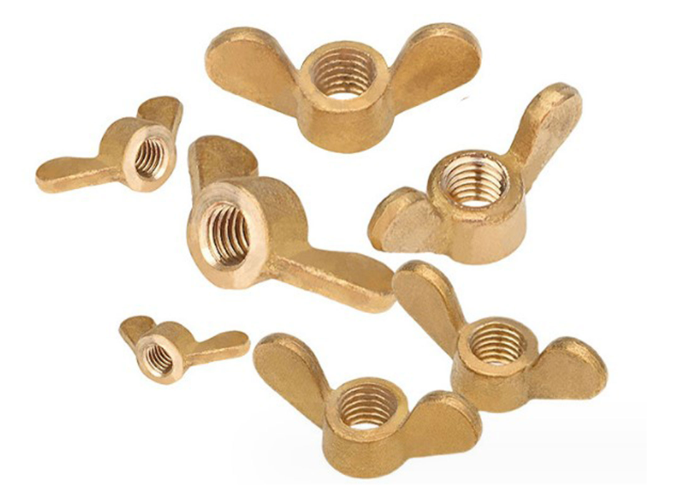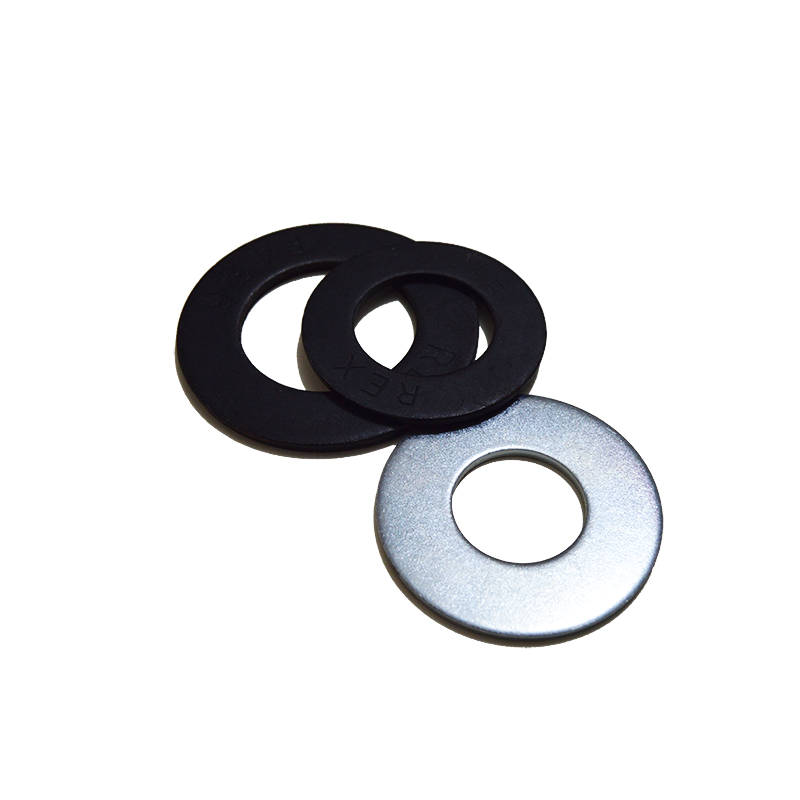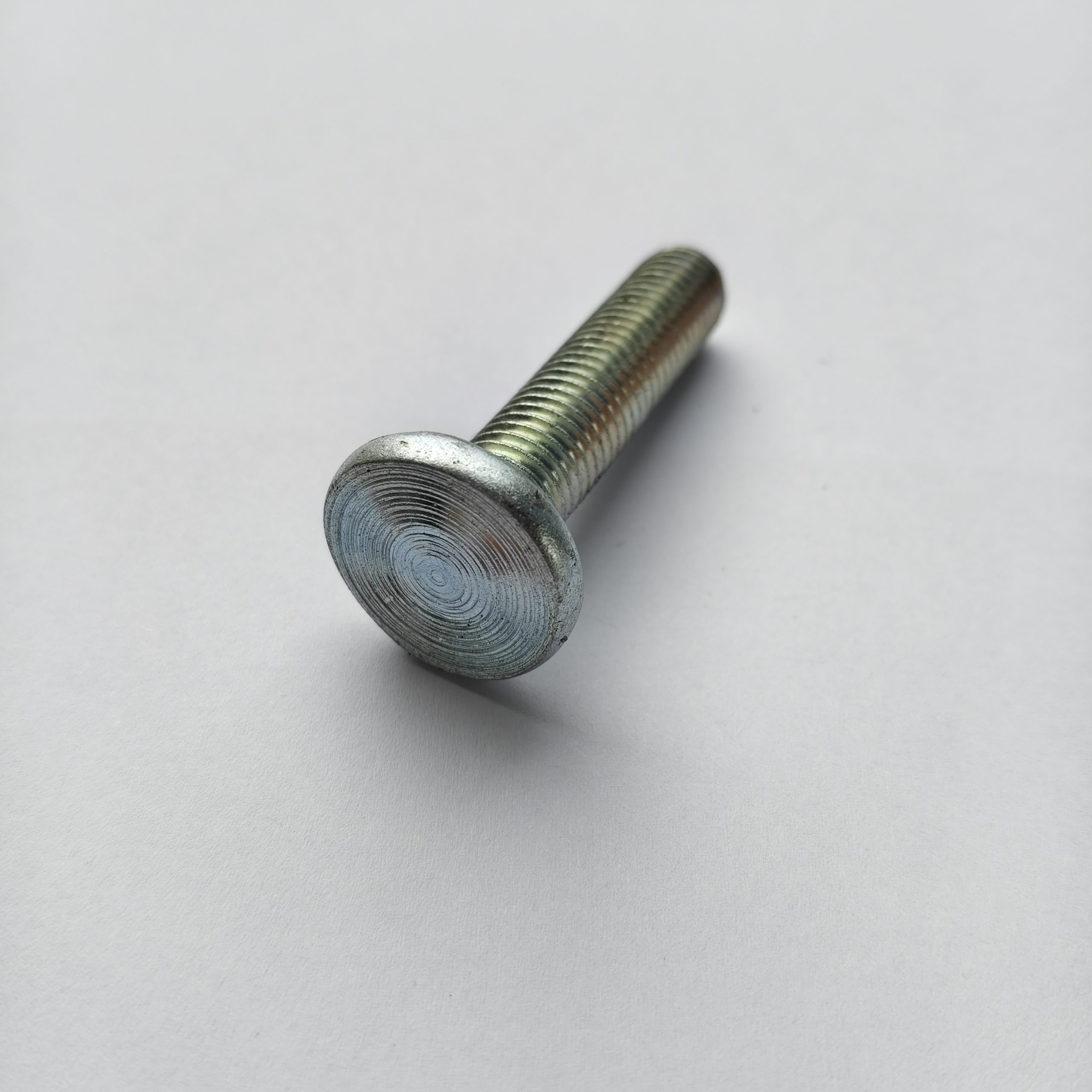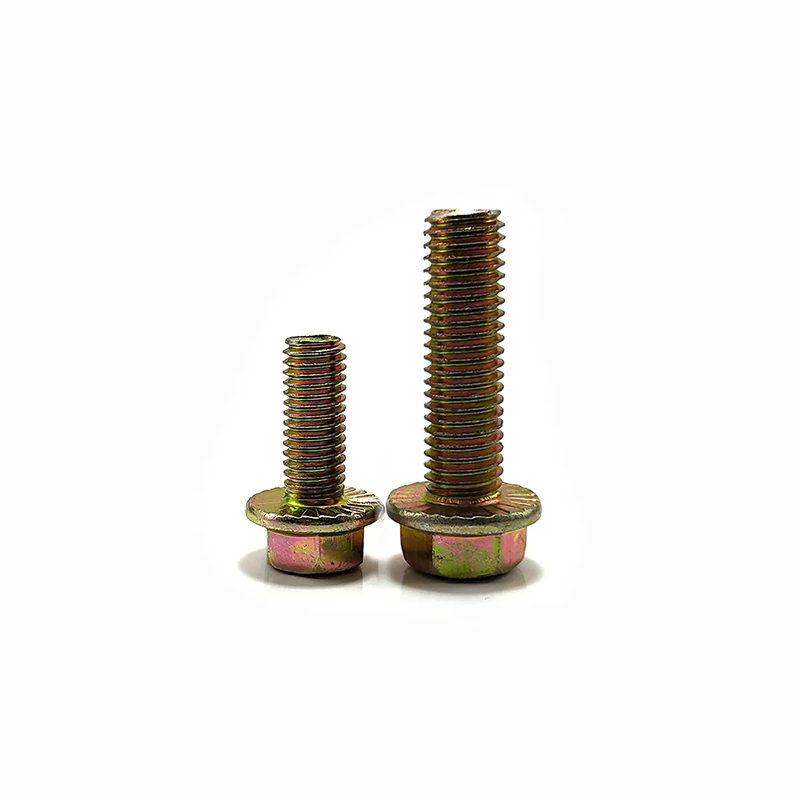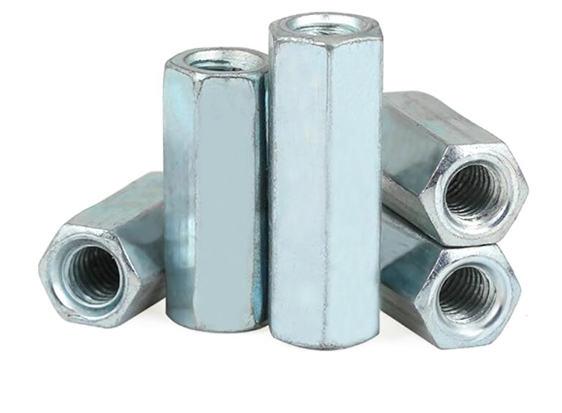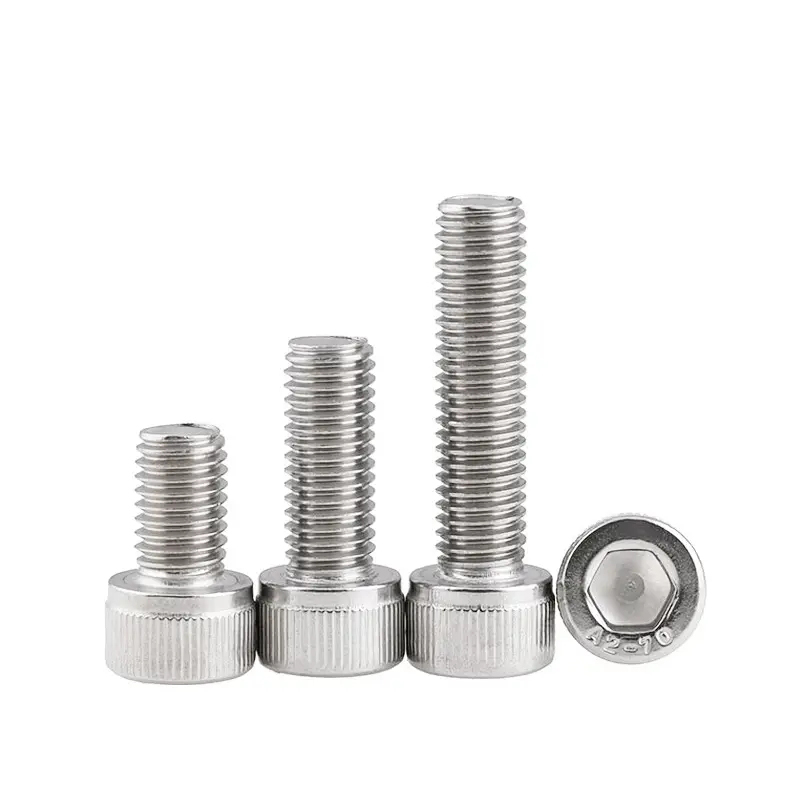

This guide provides everything you need to know about buying shaped nuts, covering types, applications, materials, and where to source high-quality options. We'll explore different shapes, sizes, and materials to help you find the precise shaped nut for your project. Learn how to choose the right fastener for optimal performance and longevity.
Shaped nuts are not your standard hex nuts. They come in a wide variety of shapes and sizes, designed for specific applications where a standard nut won't suffice. This versatility makes them essential in various industries. Understanding the different types is crucial for choosing the right one for your needs.
The most common types include square nuts, slotted nuts, flange nuts, and castle nuts. Each offers unique advantages. For example, square nuts provide a greater surface area for gripping, while flange nuts offer improved washer functionality. Slotted nuts are ideal where alignment is critical, and castle nuts are often used with cotter pins for added security. Less common, but still significant, are specialized shapes designed for specific applications, including those designed for use with specific types of bolts or found in more complex machinery.
The applications for shaped nuts are incredibly diverse. They’re found in everything from automotive and aerospace engineering to construction and industrial machinery. The specific type of shaped nut will depend entirely on the application's requirements. For example, a square nut might be ideal for a heavy-duty application requiring high torque resistance, whereas a slotted nut would be selected where alignment is paramount.
Selecting the correct shaped nut involves considering several key factors. Material choice directly impacts strength, corrosion resistance, and overall lifespan. Size, of course, must precisely match the corresponding bolt or screw. Finally, the finish – whether plated, coated, or otherwise treated – affects durability and aesthetic appeal.
Steel, stainless steel, brass, and nylon are common materials used in the manufacturing of shaped nuts. Steel offers strength and cost-effectiveness; stainless steel provides superior corrosion resistance; brass offers excellent conductivity and wear resistance; and nylon provides a lightweight, non-conductive solution suitable for certain applications. The choice depends largely on the intended environment and application.
| Material | Advantages | Disadvantages |
|---|---|---|
| Steel | Strong, cost-effective | Prone to rust |
| Stainless Steel | Corrosion resistant, durable | More expensive |
| Brass | Good conductivity, wear resistant | Softer than steel |
| Nylon | Lightweight, non-conductive | Lower strength |
Table 1: Comparison of common materials for shaped nuts
Sourcing high-quality shaped nuts is crucial for ensuring the reliability and longevity of your projects. Reputable suppliers offer a wide selection, guaranteeing quality and consistency. Online retailers provide convenience, while local hardware stores offer immediate access. For large-scale projects, consider working directly with manufacturers like Hebei Dewell Metal Products Co., LTD to ensure you receive the exact specifications you need.
Remember to always carefully check specifications, including size, material, and finish, to ensure compatibility with your project needs before making a purchase. Selecting the correct shaped nut is crucial for the success of your project.
1 This information is based on general knowledge and industry best practices. Specific product details may vary depending on the manufacturer and application.


